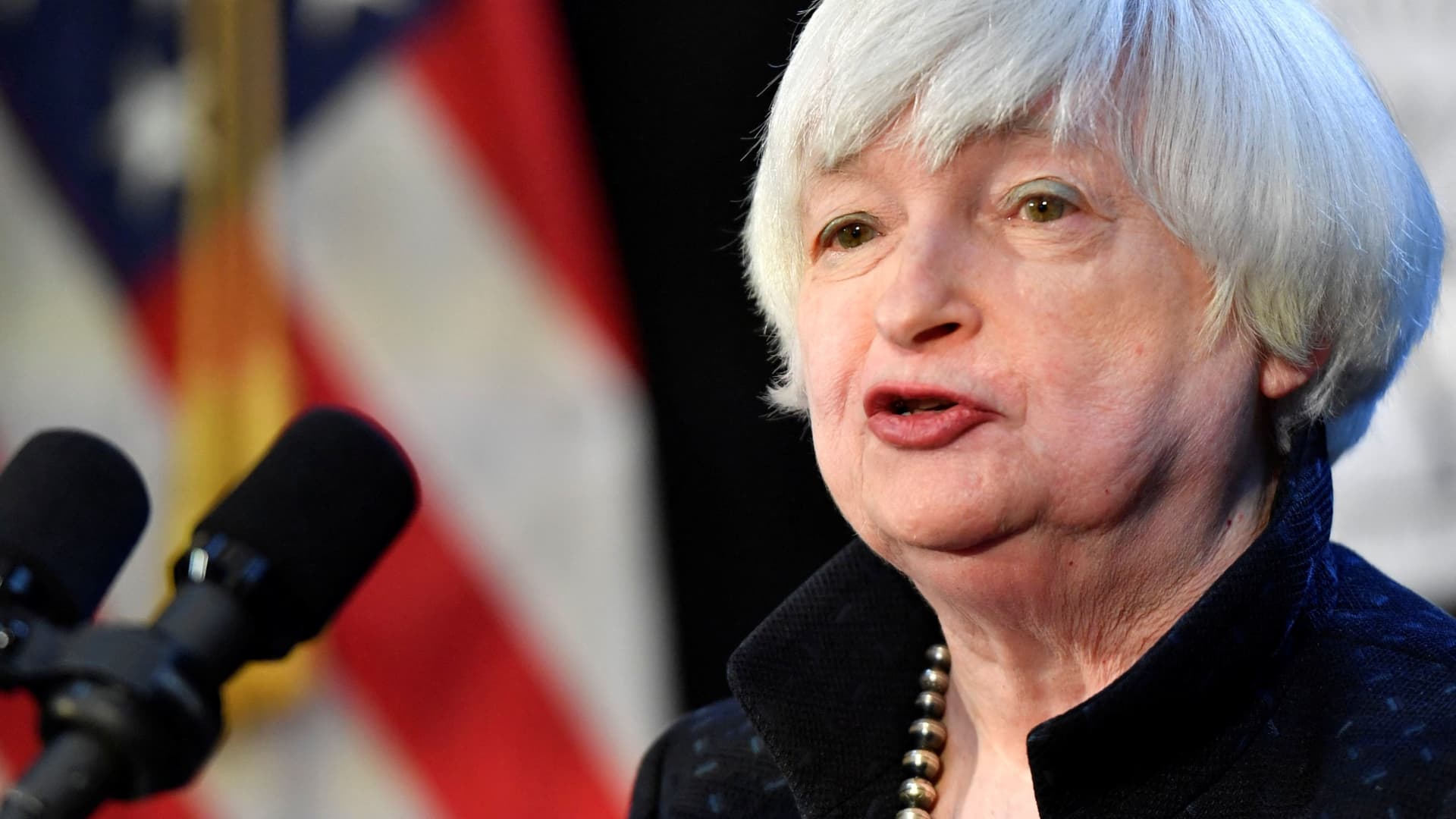'I'm spent': Ash Barty's shock retirement from tennis offers some vital career lessons
A shock announcement by tennis player Ash Barty, that she's retiring from the sport at the age of 25, offers young people some important career lessons.

Ashleigh Barty of Australia smiles as she attends a media opportunity at Kooyong on February 24, 2022 in Melbourne, Australia.
Graham Denholm | Getty Images Sport | Getty Images
Career coaches believe the shock move by the world's number one tennis player Ash Barty to retire from the sport at the age of 25 offers young people some important lessons.
"It's hard to say but I'm so happy and I'm so ready and I just know at the moment, in my heart for me as a person, this is right," Barty said via social media on Wednesday.
In an emotional interview with retired Australian tennis player Casey Dellacqua, Barty said she felt the time had come to pursue "other dreams."
The tennis star said she had been thinking about the decision for a long time, but that it was winning the Grand Slam title at Wimbledon last year that changed her perspective.
Despite achieving her "one true dream" of winning Wimbledon, Barty said there was a little part of her that "wasn't quite satisfied, wasn't quite fulfilled."
"There was this perspective shift in me in this second phase of my career that my happiness wasn't dependent on the results, and success for me is knowing that I've given absolutely everything I can," Barty said, adding that she no longer had the "physical drive, the emotional want" to continue to challenge herself at the top level of tennis.
"I am spent, I just know physically I have nothing more to give and that for me is success," she said.
Barty said she understood that some people might not understand her decision to step back, particularly having just won her third Grand Slam title at the Australian Open in January. Indeed, Dellacqua pointed out that Barty was currently probably "one of the most marketable athletes in the world."
However, Barty said she had other goals she wanted to chase and these "don't necessarily involve traveling the world, being away from my family, being away from my home which is where I've always wanted to be."
Don't feel 'locked in'
Freelance career coach Emma Harrison said Barty isn't the first in her family to make a big career change. Barty's mother, Josie, was once a professional golfer and later became a radiographer.
Harrison, a senior lecturer in careers, guidance and counseling at Canterbury Christ Church University in the U.K., told CNBC that it's important for anyone considering a career change to have support from close ones.
More broadly, Harrison said it was interesting to note the growing number of people in their mid to late twenties and early thirties experiencing a "quarter-life crisis" or rethinking their goals and priorities.
She said it was easy for people to feel "locked-in" to a chosen job or career but that we shouldn't be afraid to change direction.
Harrison recommended taking time to learn new skills and hobbies, as well as speaking to others about their career experiences.
"It is increasingly common to change careers and whilst this can feel scary and overwhelming it can also be invigorating and freeing and lead to better job satisfaction," she said.
Similarly, career coach Liz Sebag-Montefiore told CNBC that with the constant challenges people face in life "it's OK to reassess the best way forward."
Sebag-Montefiore, co-founder of consultancy 10Eighty, said it was important to reframe these changes as sideways moves instead of a step back.
Make active choices
For leadership and career coach Kat Hutchings, it was Barty's admission that she didn't feel completely fulfilled upon achieving her goal that offered an important takeaway.
Hutchings told CNBC that we can be striving toward a job title for years only to sometimes reach it and "find it wasn't quite what we expected," but pointed out that this happens at all levels of leadership.
"It means finding fulfillment and enjoyment along the journey is even more important than the destination," Hutchings said.
Barty's acknowledgment that she'd given professional tennis her all and that it was her time to move on to something new also offered a positive example, Hutchings said.
"Moving through different phases in a career (versus a job for life) is the reality for current and future generations," she said, adding that making active career choices instead of "coasting or suffering through a job is empowering."
Check out: These are the 5 most ‘boring’ — and exciting — jobs in the world, according to a recent study

 Astrong
Astrong 


















![Run An Ecommerce SEO Audit in 4 Stages [+ Free Workbook]](https://api.backlinko.com/app/uploads/2025/06/ecommerce-seo-audit-featured-image.png)













